Mozambique: Chapo calls for more robust land law - AIM
Mozambique: Women losing access to land in Inhambane province
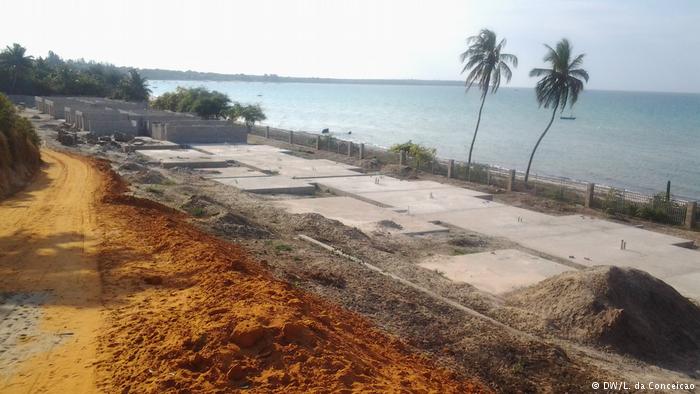
DW / Plantations give way to megaprojects
Hundreds of women in Inhambane province, southern Mozambique, do not have access to their land because of family reasons or megaproject expropriations.
Family disagreements and expropriations for megaprojects are depriving women of access to land in the province of Inhambane, southern Mozambique. Such is the complaint made by civil society organisations, who are calling for swift intervention by the government.
Rosa Azarias lived in Maputo, but when her husband passed away more than ten years ago she returned to her homeland, Maxixe. When she returned, however, one of her brothers forbade her to live on her parents’ land and threatened her.
“I have no one to help me,” she complains. “The only person who helped me is my brother who died and another sister who is sick. I run the risk of losing everything.” Rosa now lives in a rented house in the city of Maxixe.

Ildetrude Namburete, a researcher at the Living Land Centre (Centro Terra Viva – CTV) in Inhambane, says this is by no means an isolated case. The nongovernmental organisation, which provides legal assistance in environmental and land issues, assists many women who currently cannot access land to which they are entitled following their husbands’ deaths. “The biggest problem is if the woman wants to marry again, when she can lose the land because she is expelled,” Ildetrude explains.
She also points out that women are the biggest users of land, and stresses that “it is necessary to raise awareness so that they can make better decisions, with sustainable management practices”.
Expropriations for megaprojects
According to Hortência Rafael, of the Inhambane Women’s Forum [Forum Mulher], hundreds of women are deprived of access to land as a result of expropriation for megaprojects.
Such expropriations are made on governmental authority, the women often being resettled in areas which lack basic amenities.
“Here in Jangamo we have the heavy sands, and in Temane, the gas. Those women are taken anyway and are placed in areas with low productivity, where there is no water or nearby school,” Rafael explains.
She appealed to the government to promote the economic development of women in communities.
DW Africa tried to contact the provincial director of Land, Environment and Rural Development for comment, but without success.


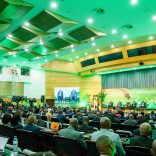
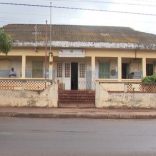
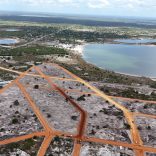


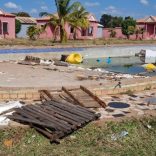

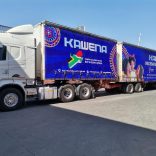



Leave a Reply
Be the First to Comment!
You must be logged in to post a comment.
You must be logged in to post a comment.